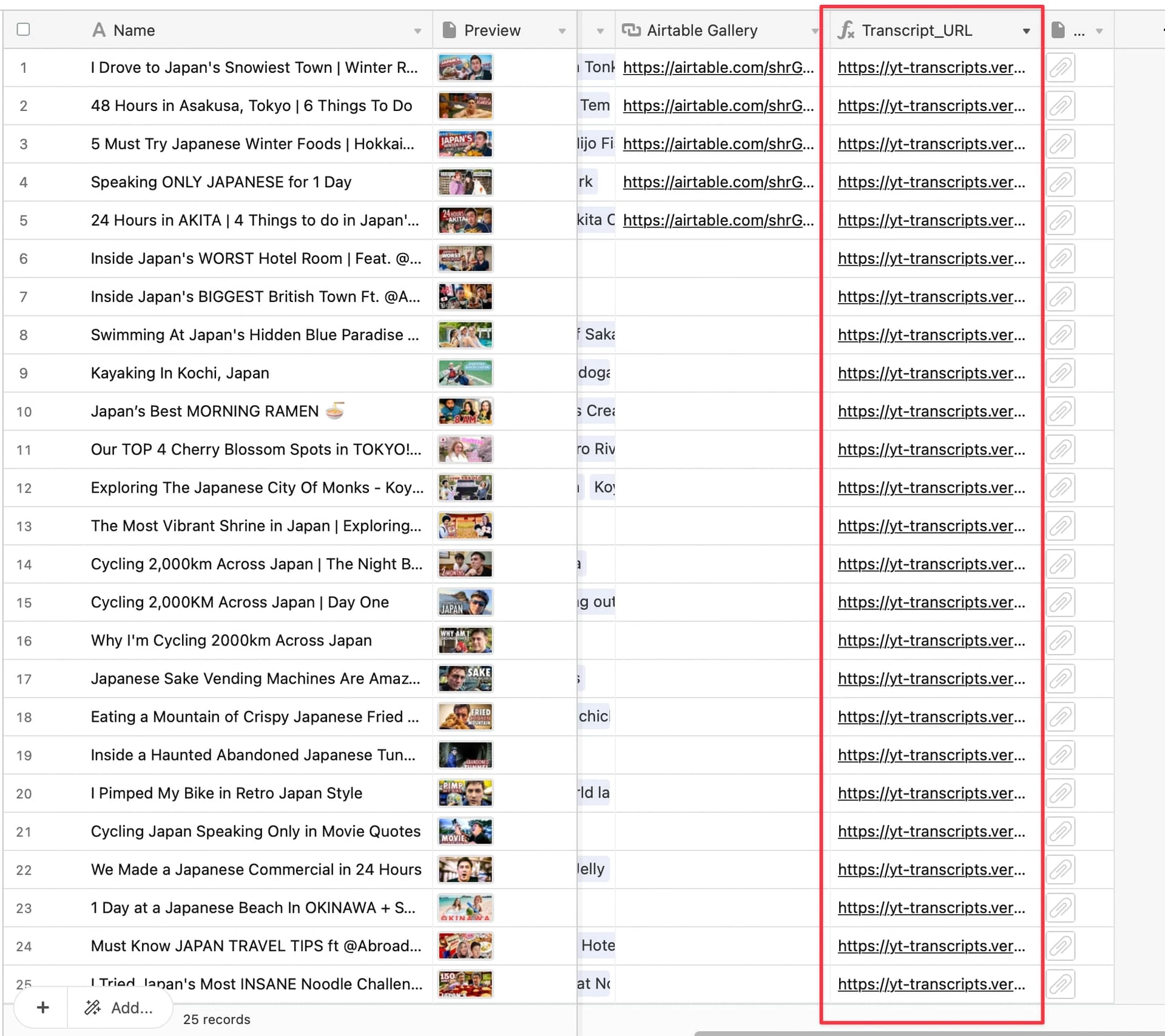Would be neat to be able to easily input a url for an API and have the response automatically generate an Airtable table. Then I want to manually (or ideally semi automatically) link rows in my other tables to this API data so I can then do other formulas and rollups.
Whenever data changes in the API endpoint, then it automatically updates my dependent columns.




